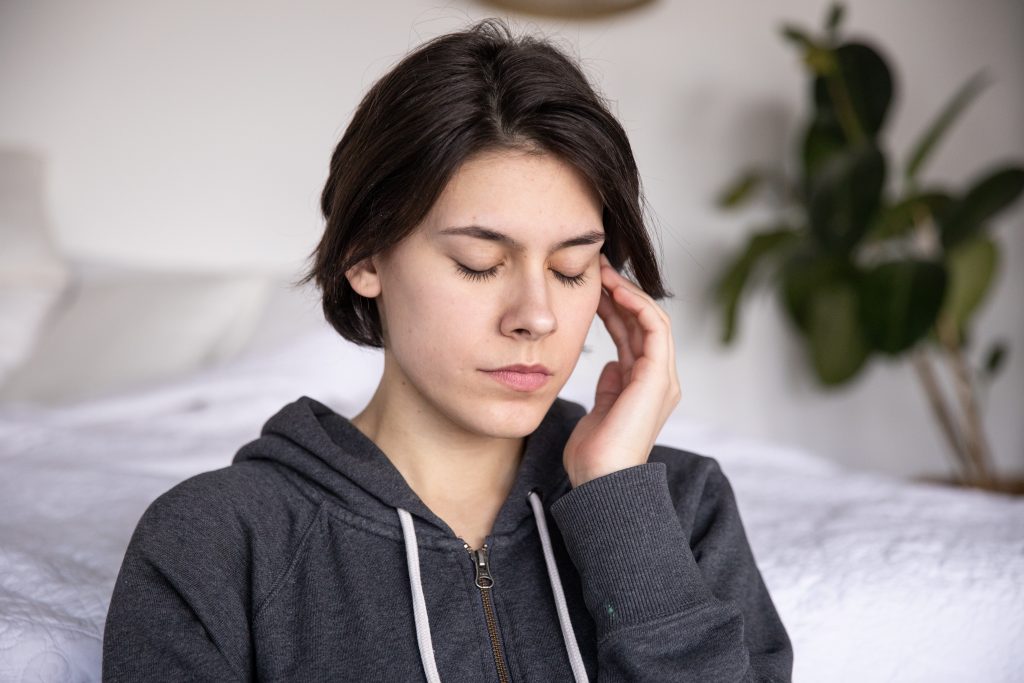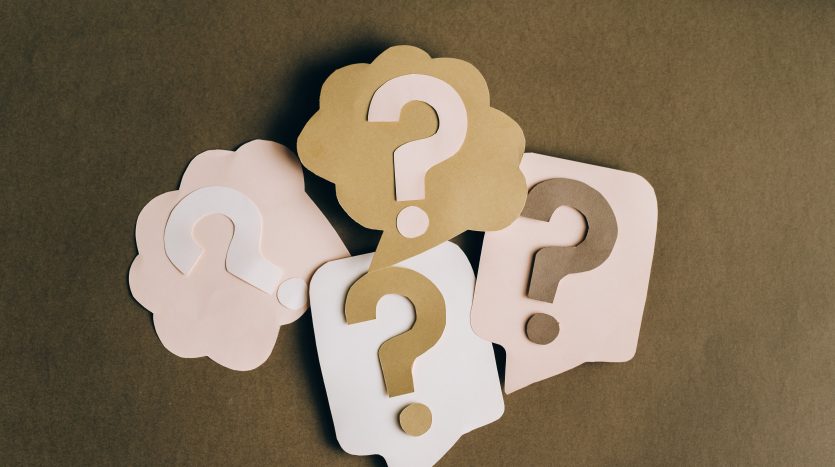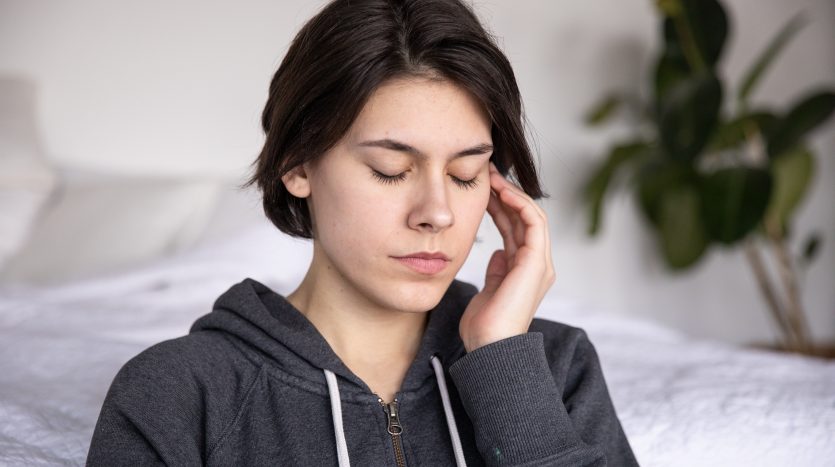Dealing With Uncertainty
Uncertainty is one of the biggest challenges of being human. It can make us feel anxious and uncomfortable, but it’s also an important part of life. We can’t always know what’s going to happen, but when we embrace it, we learn so much more than we would if we just tried to control everything. Here are some things that may help us deal with uncertainty:
RELATED: Benefits of Positive Self-Talk
Normalize Occasional Anxiety

Anxiety is a natural response to stress. It can be triggered by external factors, such as a looming deadline or an impending storm, but it’s also often the result of internal factors — like the voice in your head that tells you that you aren’t competent enough or strong enough to handle whatever comes next.
This can happen for any number of reasons: if you grew up with an anxious parent and have some anxiety yourself, if your brain was wired differently from other people’s brains (and there’s no way to know whether this is true or not) if some part of your life is out-of-balance right now (for example: maybe you’re lonely, even though your partner is around).
Get Over the Fear of ‘What If?’

The fear of ‘what if?’ is one of the most pervasive and damaging fears. It’s like a little voice in your head that whispers, “What if you get fired?” or “What if I can never find another job?” or “What if I lose my partner?”
The problem with this fear is that it doesn’t just come from nowhere—it’s based on something real, like a bad experience you had at work or some crisis in your relationship. These things may have happened, but now they’re just stuck in your head as worries that keep popping up and ruining your day-to-day life.
Learn to be Contented

Why is it that we keep looking for more? And why do we live in the expectation of the next best thing, even if it means being happier?
We’re afraid of being happy. Not just because happiness may be fleeting—the reality is that happiness is a moment-to-moment experience that changes with the circumstances and the people around you. But also because in our minds, happiness has become synonymous with complacency. But wait–doesn’t complacency mean not wanting more out of life?
Refrain From Overthinking

You can’t control everything, and that’s okay! When we’re feeling anxious and uncertain, our brains often focus on the worst-case scenario. Instead of obsessing over all the things that might go wrong, try to focus on what makes you feel good about your life right now. If you’re feeling uncertain about your future career or partner choices, remind yourself that there is no right way to choose between options—and no one is going to judge you if you make a mistake.
Use Your Anxiety as a Compass

When you’re anxious, it can feel like the anxiety is controlling you. You’re just a passenger on this crazy ride that has no end in sight. But here’s the thing: anxiety is a compass, not a dictator. It can help guide you toward the things that are important to you and away from the things that aren’t. If you’re feeling anxious, ask yourself why. What’s causing that feeling? Is it something external or internal? If it’s external, can you change your behavior to avoid it? If not, can you learn to manage it?
Try Relaxation Techniques

You can use a combination of relaxation techniques to relieve stress and anxiety. These include:
- Relaxing your body: Practicing relaxation exercises such as yoga, tai chi or meditation helps you relax your muscles and mind by focusing on some aspect of your physical body (such as breathing) and letting go of any tension there.
- Relaxing your mind: Focusing on something positive — such as a memory from childhood — is proven to improve moods and reduce anxiety. Many people find that listening to music can help them relax; this is because music engages both sides of the brain in a way that’s different from most other activities, causing feelings of happiness when done right! It also releases endorphins into the bloodstream so you’ll feel better after just one song!
- Relaxing emotions: Practice mindfulness techniques like deep breathing when upset so they don’t escalate into full-blown panic attacks or depression episodes – these are tell-tale signs that we are not taking care of ourselves well which can lead us further away from our best selves (and those around us) rather than closer together…so take time out every day no matter how busy life gets! You deserve it!
If you’re feeling anxious and stressed, that means there is something important in your life that needs your attention. Anxiety is a signpost; it’s telling us that something needs to change if we want to feel better about ourselves. If you think your anxiety is becoming unmanageable to the point that it affects your day-to-day activities, it may be time to consult a medical professional.
READ MORE: Golden Haven Memorial Park News and Update




















